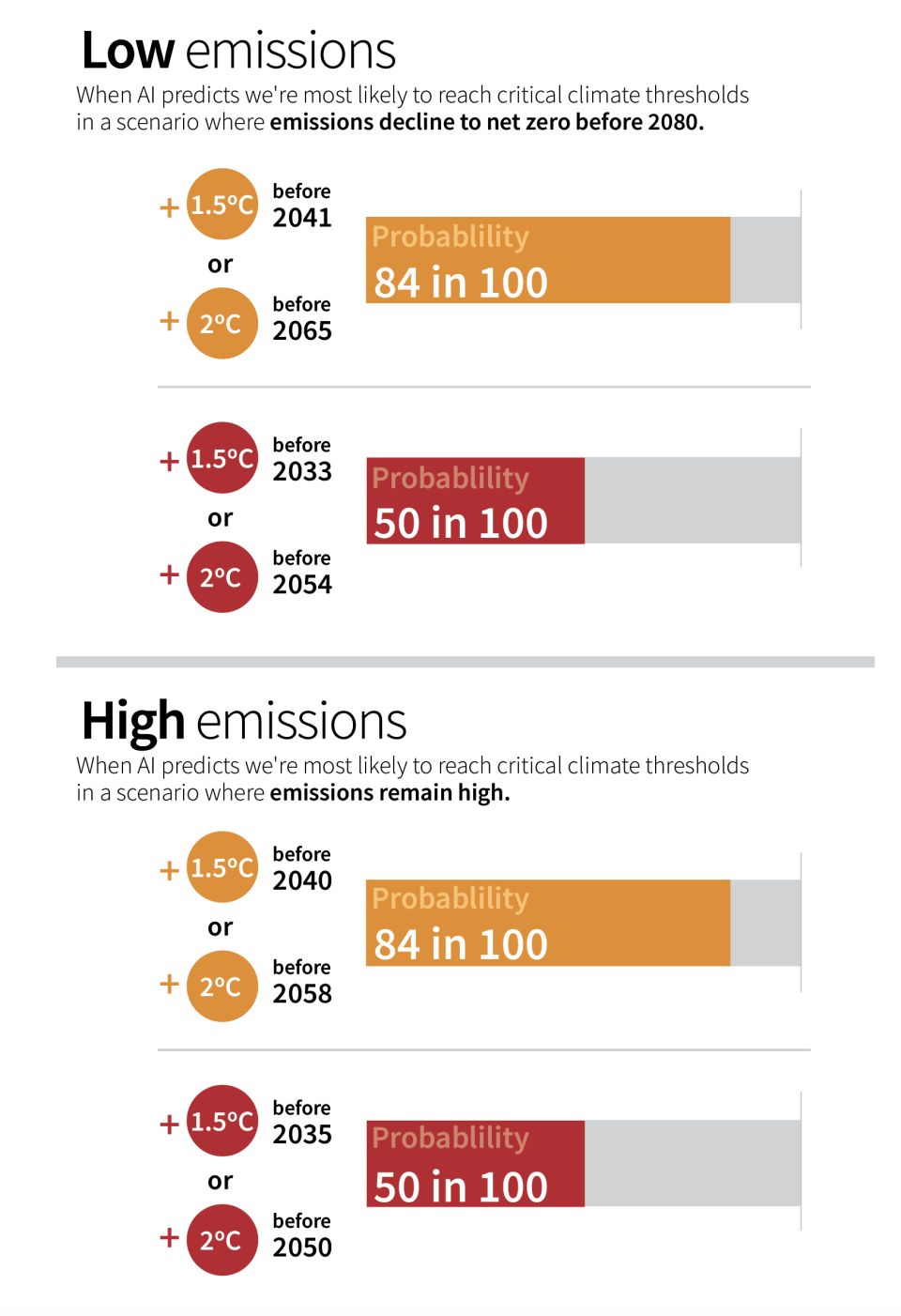Fact check: US annual temperatures are rising consistently and are driven by CO2
The claim: The US hasn't warmed in 18 years, so emissions-driven warming is a hoax
A Feb. 28 Instagram post (direct link, archive link) displays a graph of U.S. temperature data since 2005.
"Zero US warming in 18 years, per US Climate Reference Network temp stations," reads the post's text. "That's no US warming despite 30% of total manmade CO2. Emissions-driven warming is a hoax."
It was liked over 400 times in one day.
Follow us on Facebook! Like our page to get updates throughout the day on our latest debunks
Our rating: False
The U.S. has experienced a warming trend in the last 18 years, contrary to the post's claim, experts said. And climate scientists agree burning fossil fuels, which produce CO2, is one of the most significant contributors to global warming.
The average US temperature is climbing steadily
The graph in the post uses data from the National Oceanic and Atmospheric Administration.
Despite the post's claims, the graphic shows an increase in temperature anomalies over time, said Kelly Caylor, an environmental science professor at the University of California in Santa Barbara.
"We're not good at detecting these small differences from zero; without the trend line, it really looks like there’s been no change!" he said. "But there has been a persistently higher average temperature across these months when compared to their long-term averages, and the small changes are getting larger."
Fact check: Post misrepresents data, understates extent of global temperature increase

And this isn't the proper data for figuring out recent temperature trends since it uses months from different seasons, said Karin Gleason, a monitoring section chief at NOAA's National Centers for Environmental Information.
"When looking at trends in temperature, you want to compare like periods – all Januaries, all springs, all annual periods – over a period of time," she said. "If you don't compare like periods over time, your statistics will not be as reliable."
By using annual data, a graph from the same database shows the U.S. has experienced a 0.42° increase in temperature per decade over the last 18 years.
But less than two decades of data is still not ideal for climate analysis, Gleason said.
"Climate is often considered to be the average of weather over the span of decades to hundreds of years, so 18 years is on the light end of 'climate,'" she said. "If we change the trend period to the last 40 years, the trend becomes +0.45° per decade, which is very similar."
Carbon emissions impact warming trends
The post's conclusion that emissions don't cause warning is wrong, experts said.
Humans produce more CO2 than natural processes can remove by burning fossil fuels. This excess CO2 "acts like a blanket across the Earth," Anthony Darrouzet-Nardi, an ecologist at the University of Texas, previously told USA TODAY.
Commonly called the "greenhouse gas effect," this phenomenon traps heat within the Earth's atmosphere. This contributes to global warming, which has caused "sea ice loss, accelerated sea level rise, and longer, more intense heat waves," as stated in an article from NASA.
Fact check: Carbon dioxide has an effect on the climate, contrary to post
While the trend seems small, it adds up over time, Caylor said.
"That’s the story of climate change," he said. "Small changes in temperature that are increasing as the concentration of CO2 and other greenhouse gases accumulate in our atmosphere."
USA TODAY reached out to the social media user who shared the post for comment.
Our fact-check sources:
Karin Gleason, March 1-2, Email exchange with USA TODAY
Kelly Caylor, March 1, Email exchange with USA TODAY
Anthony Darrouzet-Nardi, Jan. 11, Phone call with USA TODAY
NOAA, accessed March 2, National Time Series | Climate at a Glance
NASA, accessed March 1, Effects | Facts – Climate Change: Vital Signs of the Planet
USA TODAY, Jan. 18, Fact check: Plants cannot absorb all the carbon dioxide emitted into the atmosphere
Thank you for supporting our journalism. You can subscribe to our print edition, ad-free app or electronic newspaper replica here.
Our fact-check work is supported in part by a grant from Facebook.
This article originally appeared on USA TODAY: Fact check: US annual temperatures are rising consistently

